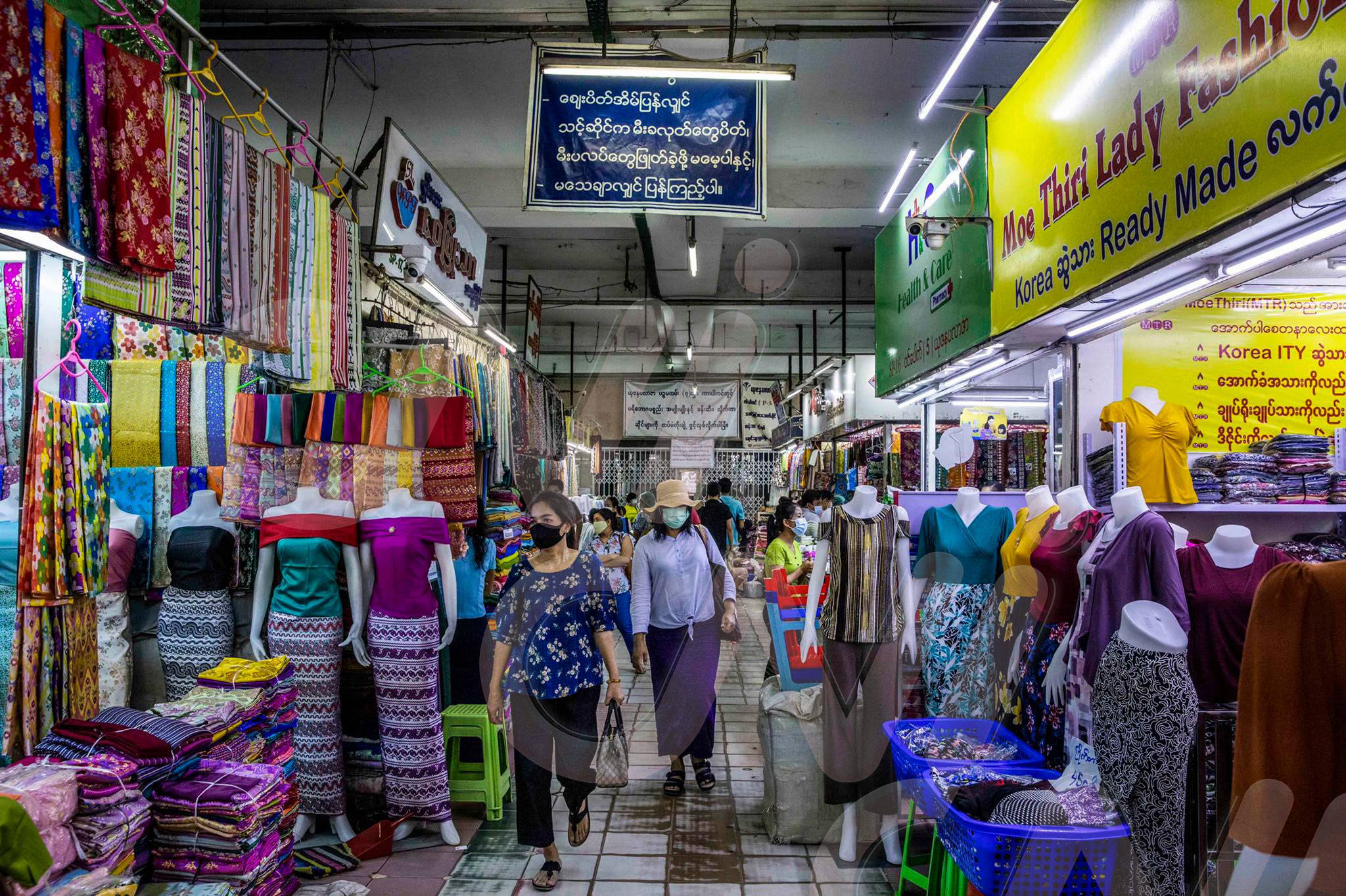CNI News
20 July 2022
The instruction of the Central Bank of Myanmar to companies and organizations that received foreign loans to suspend repayments can lose confidence in Myanmar in the international community and affect economic development, according to political and economic analysts.
Foreign investors may see Myanmar as a notoriously unreliable country, political analyst U Ye Tun (Hsipaw) told the CNI.
“As the instruction was issued for private companies, I don’t know how this can affect their businesses but as a country, Myanmar will be regarded as a financially notorious and unreliable country by foreign companies, governments and investors,” he said.
Foreign currencies.
The new monetary policy adopted by the CBM will undermine Myanmar’s ability to receive low interest loans from international banks, according to businessmen.
This will also affect the companies that import goods on loans and lead to shortages of commodities, an economic observer told the CNI.
“The order has an enormous impact that will have various consequences. Companies can get new loans or place new orders for goods after they have repaid loans in time. Such companies may face shortages of goods,” he said.
Business community in Myanmar believed that the new policy to suspend repayments of foreign loans aims to tighten the control over the flow of foreign currencies especially US dollar.
However, an economic analyst said that it was not clear what the aim of the CBM was and it was likely that the CBM will ease the control again.
People walking in Yangon.
“We don’t know the aim of the policy of the CBM. It is not clear whether they want to control the outflow of US dollar or they just want to study the amount of the outflow. It depends on their aim. In the past, they cut off the outflow of US dollar and then measures were taken to ease the control gradually. I think they will ease the control for companies and organizations that really need to repay loans,” he told the CNI.
After the CBM issued the new foreign loan policy, the Kyat currency fell against US dollar from K 2,200 to K 2,300 per US$, causing gold and car prices to jump up.
The order issued by the CBM on 13 July instructed banks that have authorized dealer licenses to make necessary negotiations for their customers’ repayment schedules of loans and interest with lenders.




